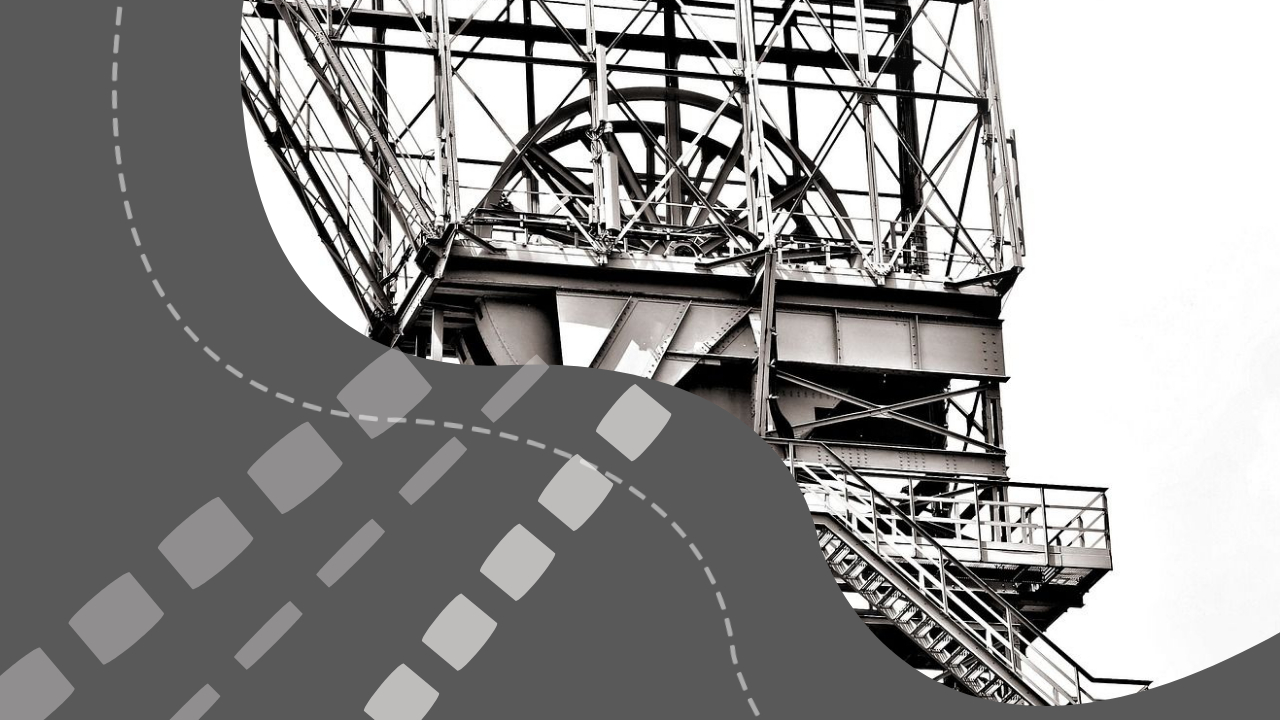Prime Minister Petr Fiala (ODS) promised during a visit to Jablonec nad Nisou yesterday that he would review the impact of mining in the Turow lignite mine in Poland, situated near the Czech border.
He was reacting to a court decision in Warsaw that invalidated the environmental impact assessment (EIA) of the Turow mine, which had allowed the operation of the mine to be extended.
The current Czech-Polish treaty is not working, said Milan Starec of the Uhelna association, who asked the prime minister before the cabinet meeting to reopen the issue during the talks with his Polish counterpart.
Residents on the Czech side are mainly worried about groundwater loss.
“We who live in the immediate vicinity know that the agreement is not working,” said Starec. “There will definitely have to be one. We have never said that the mine should be closed overnight, but there definitely has to be a final agreement. It should be on the basis of some compromises over timing and territory, not that the Polish government will just send some money and mining will continue indefinitely.”
At the same time, he handed the prime minister a document detailing the fate of people living close to the mine on the Czech, Polish and German sides of the border.
The agreement on measures responding to the impact of lignite mining in the Turow mine was signed by the prime ministers of the Czech Republic and Poland in February 2022. Poland and PGE, which owns the mine and the neighbouring power plant, then paid 45 million euros (roughly CZK 1.14 billion) in compensation for the damage, of which 35 million euros went into the transparent account of the Turow Fund, managed by the Liberec Region. This account currently contains over CZK 917 million after interest.
According to Fiala, all expert opinions indicated that the agreement was desirable, which is why he did everything he could to unblock negotiations with Poland after taking office. “We agree that the deal is correct. If the court rules so, we will look at the results and continue to discuss it,” Fiala promised.
According to Liberec Region Governor Martin Puta (Mayors for Liberec), the court ruled on a lawsuit filed by the German town of Zittau claiming the Polish side did not take their comments into account when preparing the assessment.
“I welcome the decision, I think that in such a sensitive place, where the mining does not concern only one state, but the inhabitants of three countries, it is important to address the legitimate objections that have been raised,” Puta said.
The Turow mine near the Czech-Polish border supplies coal mainly to the neighbouring power plant. PGE Group, which owns the mine and the power plant, plans to mine there until 2044. The mine is to be gradually expanded to 30 square kilometres along the road from Zittau to Bogatynia.
Residents on the Czech side of the border are particularly worried about the loss of groundwater and increased dust and subsidence.
Starec, who lives in the settlement closest to the mine, welcomed the court’s decision to cancel the EIA. “The court has de facto given us the benefit of the doubt,” he said.
However, the Polish administrative court also said its decision was not a reason to stop mining, the PAP Polish news agency reported.

